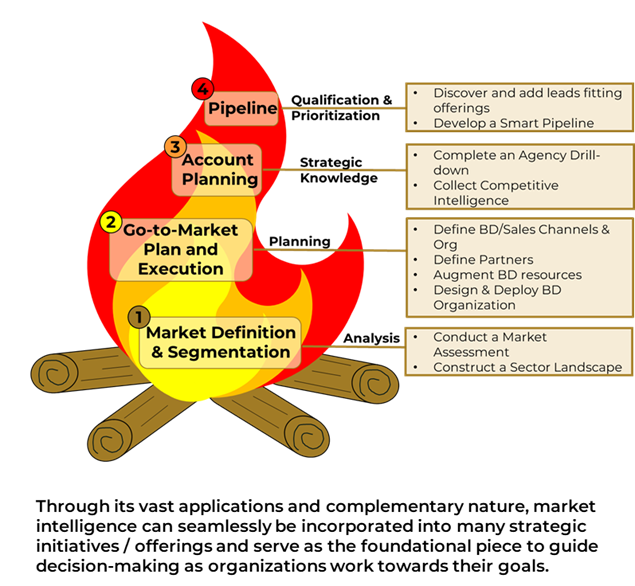August 18, 2023
Federal Funding Opportunities
U.S. Department of Commerce; National Oceanic and Atmospheric Administration Transformational Habitat Restoration and Coastal Resilience Grants due November 17, 2023
The goal of this funding opportunity is to support transformational habitat restoration projects that restore marine, estuarine, coastal, or Great Lakes ecosystems, using approaches that enhance community and ecosystem resilience to climate hazards. Funding will prioritize habitat restoration actions that: demonstrate significant impacts; rebuild productive and sustainable fisheries; contribute to the recovery and conservation of threatened and endangered species; promote climate-resilient ecosystems, especially in underserved communities; and improve economic vitality, including local employment.
U.S. Department of Education; Office of Career, Technical, and Adult Education Perkins Innovation and Modernization Grant Program for Career-Connected High Schools applications due October 13, 2023
The purpose of the Perkins Innovation and Modernization grant program is to identify, support, and rigorously evaluate evidence-based and innovative strategies and activities to improve and modernize career and technical education (CTE) and ensure workforce skills taught in CTE programs align with labor market needs. Specifically, this funding opportunity will support projects that will build capacity among secondary education, postsecondary education, and workforce development systems to expand access to career-connected high school programs for more students. Career-connected high schools are those that offer systematic postsecondary counseling and career advising, dual or concurrent enrollment, work-based learning, and programs that offer opportunities to earn an industry-recognized credential.
U.S. Department of Health and Human Services; National Institutes of Health releases Personal Health Informatics for Delivering Actionable Insights funding opportunity announcement
The purpose of this funding opportunity is to advance the development of novel informatics and data science approaches that can help individuals understand and improve their health through actionable insights. Applications will further the science of personal health informatics by providing meaningful and actionable insights to individuals through innovative personal health data collection, integration, analysis, and personalized risk assessments and interpretation. Applications seeking to advance the understanding of how informatics tools, systems, and platforms can best present the results, interpretation, and limitations of personalized assessments for the benefit of individuals are encouraged. Applications should include end user engaged approaches and real-world evaluation to inform the design of generalizable, reusable, and scalable personal health informatics tools, systems, and platforms for the benefit of individuals in understanding and improving their health.
U.S. Department of Health and Human Services; National Institutes of Health reissues Alcohol and Other Substance Use Research Education Programs for Health Professionals funding opportunity announcement
The goal of this program is to support educational activities that foster a better understanding of biomedical, behavioral, and clinical research on alcohol and other substance use disorders and their implications. To accomplish this goal, this funding opportunity will support creative educational activities with a primary focus on outreach. Specifically, this funding opportunity will support projects designed to engage practicing health care professionals in education about current and emerging knowledge derived from scientific research on the neurobiology, epidemiology, prevention, and/or treatment of alcohol and other substance use disorders and related health conditions, with the ultimate goal of improving care for individuals who use alcohol and other substances.
U.S. Department of Health and Human Services; National Institutes of Health reissues Alcohol Health Services Research funding opportunity announcement
This funding opportunity will broadly focus on closing the treatment gap for individuals with alcohol use disorder (AUD). Within this focus, there are five major areas of emphasis:
- Increasing access to treatment for AUD;
- Making treatment for AUD more appealing;
- Examining cost structures and insurance systems;
- Conducting studies on dissemination and implementation of existing evidence-based approaches to treating AUD; and
- Reducing health disparities as a means of addressing the treatment gap in AUD for health disparity populations.
U.S. Department of Labor; Employment and Training Administration Strengthening Community Colleges Training Grants due November 14, 2023
The purpose of this grant program is to build community colleges’ capacity to meet the skill development needs of employers and equitably support students in obtaining good jobs in in-demand industries. Proposed projects should enhance sector-based career pathways programs using strategies rooted in evidence and designed to build further evidence on the effectiveness of sector-based career pathways programs in leading to positive employment outcomes. Successful applicants will use the diverse strengths of their partnership members to accomplish and sustain systems change, and enhancements funded by this grant program will ultimately benefit a broad range of current and future students at participating institutions, including dislocated workers, employed workers, and new entrants to the workforce.
Institute of Museum and Library Services National Leadership Grants for Museums applications due November 15, 2023
This program is designed to support projects that address critical needs of the museum field and that have the potential to advance practice in the profession to strengthen museum services for the American public. Projects are expected to:
- Generate results such as models, new tools, research findings, services, practices, and/or alliances that can be widely used, adapted, scaled, or replicated;
- Reflect a thorough understanding of current practice and knowledge about the subject matter and an awareness of and support for current strategic priorities in the field;
- Use collaboration to demonstrate broad need, field-wide buy-in and input, and access to appropriate expertise;
- Articulate intentional impact across one or more disciplines within the museum field; and
- Employ novel approaches to the project area, as may be appropriate.
Institute of Museum and Library Services Museums for America applications due November 15, 2023
The Museums for America program supports museums of all sizes and disciplines in strategic, project-based efforts to serve the public through exhibitions, educational/interpretive programs, digital learning resources, professional development, community debate and dialogue, audience-focused studies, and/or collections management, curation, care, and conservation.
Institute of Museum and Library Services Museums Empowered: Professional Development Opportunities for Museum Staff applications due November 15, 2023
This program is designed to support projects that use the transformative power of professional development and training to generate systemic change within museums of all types and sizes. Projects are expected to involve multiple levels of staff, leadership, and volunteers in a set of logical, interrelated activities tied directly to addressing a key need or challenge; reflect a thorough understanding of current practice and knowledge about professional development; and generate measurable results.
National Endowment for the Humanities Spotlight on Humanities in Higher Education applications due October 18, 2023
The Spotlight on Humanities in Higher Education program supports the exploration and development of small projects that would benefit underserved populations through the teaching and study of the humanities at small and medium-sized colleges and universities. The program supports activities including but not limited to curricular or program development, expert consultations, speakers’ series, student research, creation of teaching resources, and community engagement. Projects may benefit students, faculty, the institution or organization, and/or the community.
National Endowment for the Humanities Collaborative Research applications due November 29, 2023
This program supports groups of two or more scholars seeking to increase humanistic knowledge through convenings, manuscript preparation for collaborative publications, the creation of scholarly digital projects, or the planning of an international collaboration. Projects must pursue significant research questions and lead to a tangible interpretive product. The collaborative work can be rooted in a single field or cross disciplines. Collaboration with scholars working in the natural or social sciences is encouraged, but projects must focus on humanistic content and employ humanistic methods.
National Science Foundation Artificial Intelligence Research Institutes preliminary proposals due October 31, 2023
This solicitation expands the nationwide network of Artificial Intelligence (AI) Research Institutes by inviting proposals for institutes that have a principal focus in one of the following three new themes aimed at transformational advances in a range of economic sectors, and science and engineering fields:
- Theme 1: AI for Astronomical Sciences;
- Theme 2: AI for Discovery in Materials Research; and
- Theme 3: Strengthening AI.
National Science Foundation Smart Health and Biomedical Research in the Era of Artificial Intelligence and Data Science proposals due November 9, 2023
The purpose of this program is to support the development of transformative high-risk, high-reward advances in computer and information science, engineering, mathematics, statistics, behavioral and/or cognitive research to address pressing questions in the biomedical and public health communities. Transformations hinge on scientific and engineering innovations by interdisciplinary teams that develop novel methods to intuitively and intelligently collect, sense, connect, analyze and interpret data from individuals, devices and systems to enable discovery and optimize health. Solutions to these complex biomedical or public health problems demand the formation of interdisciplinary teams that are ready to address these issues, while advancing fundamental science and engineering.
DWPA Staff
on
August 25, 2023









